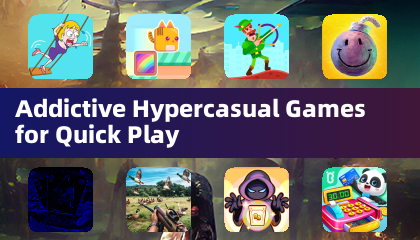Cybercriminals are leveraging the desire for an unfair advantage in online games to spread malware disguised as cheat scripts. This campaign, employing Lua scripting, targets players globally.

Lua Malware: Exploiting the Cheat Script Market
The malware, written in Lua – a popular and accessible scripting language used in numerous games including Roblox, World of Warcraft, and Angry Birds – is distributed through deceptive tactics. Attackers utilize "SEO poisoning" to make malicious websites appear legitimate in search results. These sites offer fraudulent cheat scripts, often mimicking popular cheat engines like Solara and Electron, frequently associated with Roblox. Fake advertisements further lure unsuspecting users.

The simplicity of Lua, often touted as beginner-friendly, contributes to the malware's effectiveness. Once executed, the malicious script connects to a command-and-control server, potentially enabling data theft, keylogging, and complete system compromise.

Roblox: A Prime Target
Roblox's user-generated content and reliance on Lua scripting create a fertile ground for this attack. Malicious scripts are embedded within seemingly legitimate third-party tools and packages, like the "noblox.js-vps" package, which spread the Luna Grabber malware before detection. Roblox's built-in security measures, while present, are not foolproof against such sophisticated attacks.

The Risks of Cheating
While some might view this as "poetic justice," the reality is that downloading and running untrusted scripts carries significant risks. The potential consequences of infection far outweigh any perceived benefits of cheating. Gamers are urged to prioritize digital security and avoid downloading cheat scripts from untrusted sources.

The pursuit of a competitive edge should never compromise personal data or system security. Practicing good digital hygiene is crucial in mitigating the risks of malware infections.















